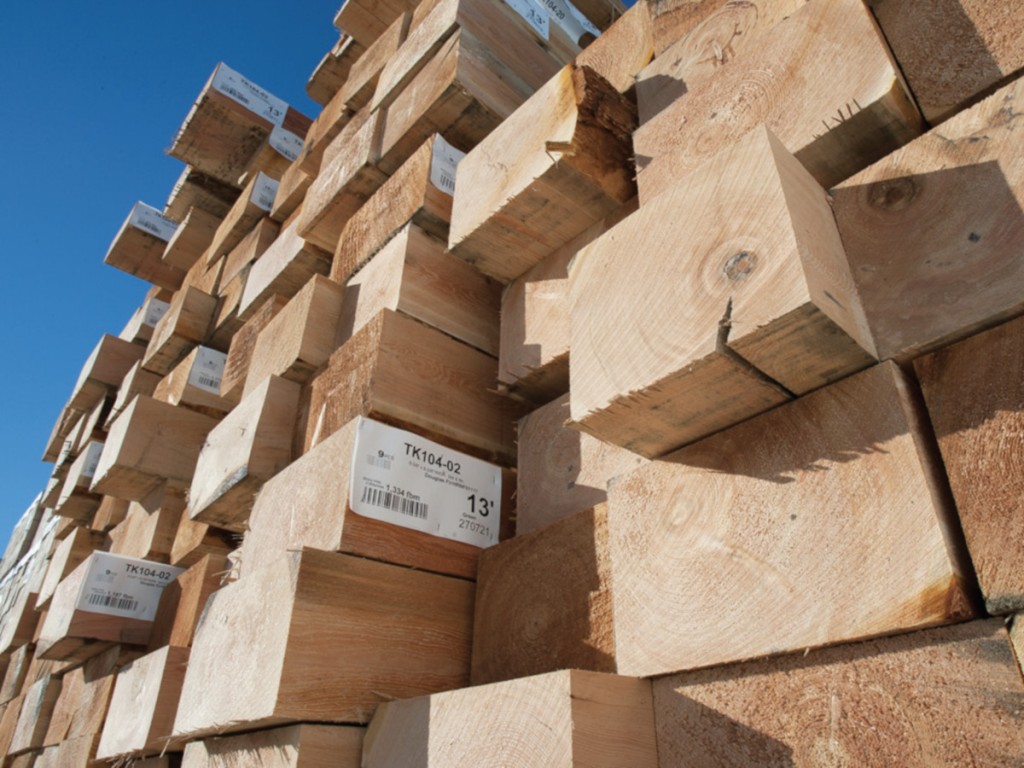At Canadian breakbulk ports on the West Coast, led by the Port of Vancouver, forest product exports remain at high levels thanks to sustained demand from trading partners in Asia sparking record volumes in some instances. China and Japan are the strongest foreign markets followed by Taiwan, South Korea, India and the Philippines.
The numbers for the Port of Vancouver certainly tell the story. Forest products ranging from logs to lumber and wood pulp accounted for nearly 26 million metric tons of cargo out of total port throughput of 147 million tons in 2018.

Canada’s largest port serves as the major consolidation center for breakbulk cargo on the Pacific Coast. It is handled by two terminals at the port – Lynnterm and Fraser Surrey Docks.
At Nanaimo, biggest port on Vancouver Island, a new multi-purpose breakbulk terminal is stimulating steady growth. Forest products and logs each contributed more than 2 million tons to total traffic of 5.3 million tons in 2018.
Situated on a 25-mile inlet on the west side of Vancouver Island, Port Alberni’s outbound cargo included 536,546 tons of logs in 2018. “Raw logs from Port Alberni are being shipped to China, Japan and South Korea,” Mike Carter, director of operations, told the American Journal of Transportation.
Meanwhile, the maritime trade statistics suggest that at least Canadian ports on the West Coast have not been hurt significantly by the ongoing dispute with the United States which has slapped softwood lumber duties on Canadian producers on alleged subsidy grounds. In the latest development, the Canadian government said in April it will appeal a decision by the World Trade Organization (WTO) panel allowing the US to use “zeroing” to calculate lumber anti-dumping tariffs. Zeroing calculates duties based on whether the domestic price of a product exceeds its US import price after it is adjusted for transportation and handling costs.





